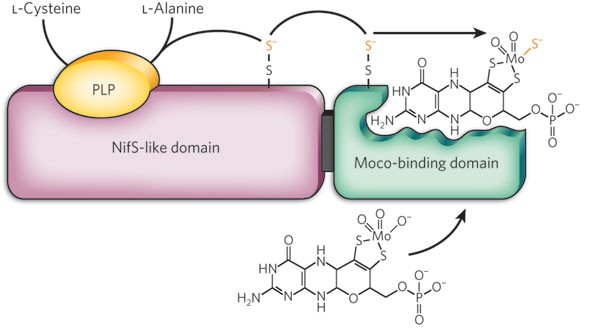- Empty cart.
- Continue Shopping
The Importance of Molybdenum for Enzyme Function

Molybdenum may not be a household name like calcium or iron, but it plays a crucial role in human health. This trace element is vital for the functioning of various enzymes in the body.
What is Molybdenum?
Molybdenum is a trace element found in the Earth’s crust and in various foods. It is an essential nutrient, meaning the body cannot produce it on its own and must obtain it through diet.
Role in Enzyme Function
Cofactor for Enzymes
Molybdenum serves as a cofactor for a variety of enzymes, meaning it helps these enzymes function correctly.
Sulfite Oxidase
One of the key enzymes that require molybdenum is sulfite oxidase, which is responsible for detoxifying sulfites in the body. Without sufficient molybdenum, sulfites can accumulate, leading to toxic reactions.
Xanthine Oxidase
Another enzyme, xanthine oxidase, helps break down nucleotides (building blocks of DNA and RNA) and contributes to antioxidant defense.
Nitrate Reductase
This enzyme converts nitrates to nitrites, a process essential for nitrogen metabolism in plants, which indirectly affects human nutrition.
Health Implications
Detoxification
Molybdenum’s role in sulfite oxidase function is crucial for detoxifying certain preservatives and additives found in foods and medications.
Antioxidant Defense
By supporting xanthine oxidase, molybdenum contributes to the body’s antioxidant defense mechanisms, helping to combat oxidative stress.
Metabolic Health
Molybdenum-dependent enzymes are involved in the metabolism of fats and carbohydrates, indirectly influencing energy production and overall metabolic health.
Dietary Sources and Recommendations
Sources
Molybdenum is found in a variety of foods, including legumes, grains, and leafy vegetables. Meat, milk, and cheese also contain small amounts.
Recommended Intake
The recommended daily intake varies by age and life stage, but for most adults, it ranges from 45 to 50 micrograms per day.
Conclusion
While molybdenum may not be as well-known as other essential nutrients, its role in enzyme function makes it indispensable for human health. From detoxification to antioxidant defense and metabolic health, molybdenum’s impact is far-reaching.
To ensure you’re getting enough of this vital trace element, aim for a balanced diet rich in legumes, grains, and vegetables. If you’re concerned about your molybdenum levels, consult a healthcare provider for personalized advice.
So the next time you’re planning your meals, remember that this often-overlooked nutrient is quietly playing a crucial role in keeping you healthy.








